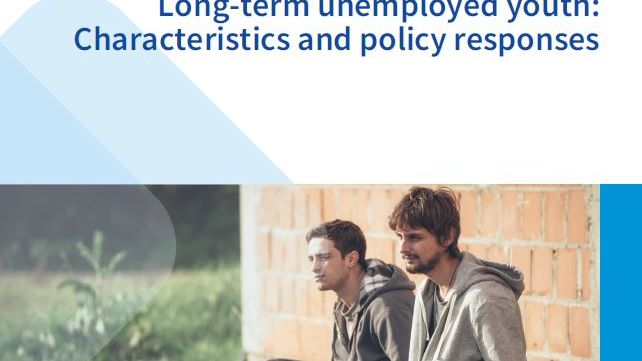
News -
Publication alert: Annual review of working life
2017 was a good year for the majority of EU Member States in terms of recovery of employment and unemployment. However, while the EU28 as a whole is now exceeding its pre-crisis employment rate, in 2017 it was still 2.8 percentage points short of its 2020 target of an overall employment rate of 75%. In addition, several Member States' employment rates continue to lag behind those witnessed a decade ago.
Despite the uncertainty posed by the Brexit negotiations together with increased support for populist or Eurosceptic parties in some countries, the European Commission nevertheless forged ahead with its plans to move Europe towards a social 'triple-A rating' most notably with the EU Pillar of Social Rights which was proclaimed by EU leaders at the end of 2017. The EU-level working life agenda remained full at the beginning of 2018 with the launch of the Social Fairness Package in March, which includes a Regulation establishing a European Labour Authority, and promises of a proposal for a European Social Security Number before the end of the year.
In comparison, the industrial relations landscape remained relatively stable, albeit with occasional disputes typically relating to austerity measures or grievances over wages. A mapping of over 184 cases of peak-level social dialogue shows that national social dialogue in 2017 made substantial contributions leading to concrete changes in working life related regulations. 2017 also saw the emergence of a more employee-oriented debate in many countries around new regulations in the field of improving work-life balance for working parents and caregivers. Other related revisions continued such as family leave regulations and flexible working time arrangements.
Whilst the economic climate and labour market prospects remain favourable in 2018, it is clear that
Brexit will continue to overshadow negotiations as will concern for the upsurge of right-wing and Eurosceptic parties. Combine this with a heightened activity at EU level in the area of working life in order to finalise policy dossiers in the Commission's last year before Parliamentary elections in 2019, and it is probably safe to say that there will be many more choices, challenges and changes in the coming months.
Eurofound's latest Annual review of working life explores both the European and national contexts for industrial relations and working conditions to identify the challenges and prospects for working life in 2018.
- Free download: Annual review of working life



